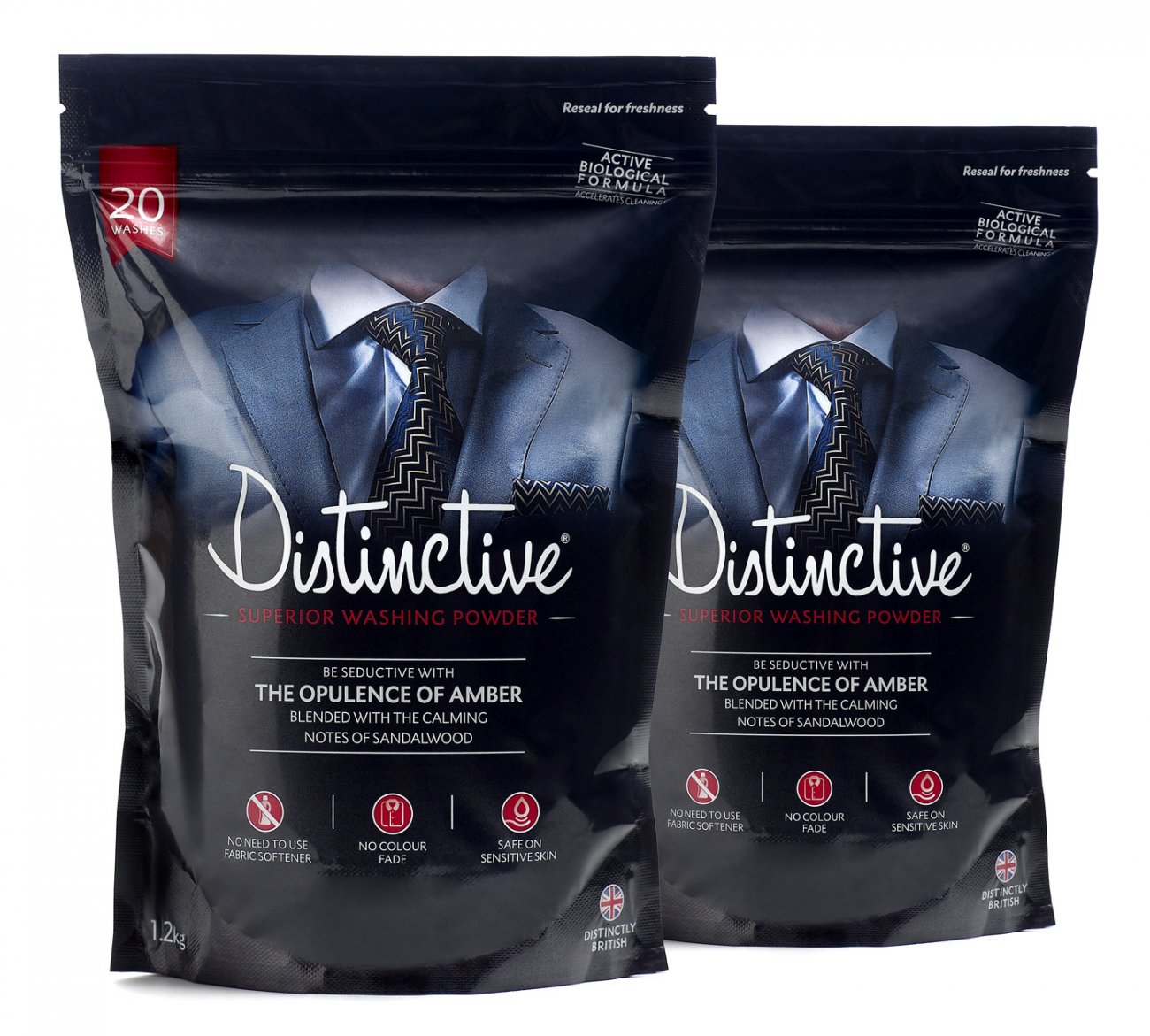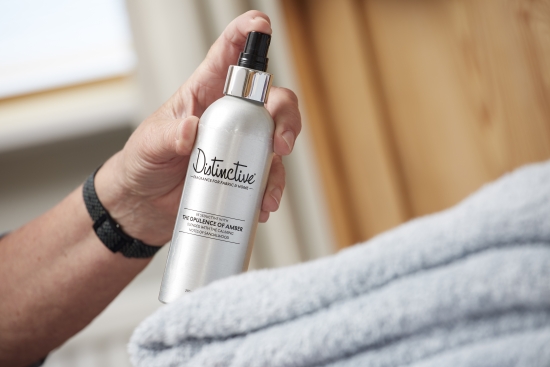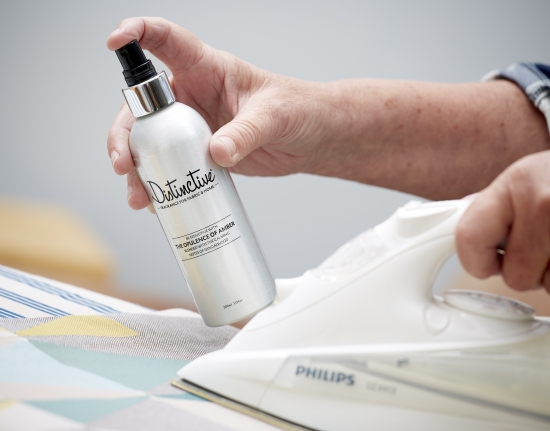Technical Laundry experts and fabric care professionals do not like Fabric Softeners, but consumers have traditionally bought separate washing powders and fabric softeners for washing. As an industry the combined value in the US alone is around $11 billion dollars. so it is no wonder that manufacturers and retailers want customers to keep buying.
Hopefully this piece will provide information for you to make your own mind up about whether you should use a fabric softener, or not.

Distinctive washing powder has in-built cationic softening so you don’t buy an extra fabric softener!
So here are some facts.
Fabric softeners use petroleum-based chemicals, which are not easily biodegradable. I am not clear what green scientists are managing to do to improve this, and there are currently only a couple of manufacturers who have managed to make a fabric softener that it free of harmful preservative content. So the fact they are not green nor skin safe, is the main reason, after cleanliness, that we do not make one.
Fabric softeners coat the surface of the fibres with a thin layer of chemicals with lubricant properties, which are electrically conductive, thus making the fibres feel smoother and prevent buildup of static electricity. Other functions are improvements of iron glide during ironing, increased resistance to stains, and reduction of wrinkling and piling.
By coating fibres with any lipid substances to soften them you automatically decrease their water absorption properties. This a really bad solution for towels and even cotton garments, which would normally absorb light perspiration. This goes for bedding as well as undergarments. You’d be shocked by the amount of water we perspire during the night.
The lipids have to have all sorts of chemicals added to them to keep them free-flowing (i.e prevent the fatty substance going gloopy) and also have anti-microbial substances added, to help prevent it going mouldy. Even when it isn’t in contact with fresh air while sitting on the supermarket shelf, microbes and mould spores would have a wild orgy in the fatty gloop, which would very quickly turn those beautiful fragrances rancid!
Deviating slightly I recently found out about sludge in a radiator system. Hadn’t a clue what the plumber was going on about until he explained. Even in a sealed system if a product is warm and wet the smallest particle will grow exponentially…hence the sludge in a radiator system that needs blasting and clearing in order for the pipes to remain free-flowing.
Well in terms of the fabric softener in your tubes and pipes in the washing machine its a bit like the plumbing issue I was telling you about.
Do an experiment at home – leave some fabric softener on the side for a week and watch how quickly it goes off, when it is out of an airtight bottle. Look out for colour change and fragrance change. Great experiment to do with the kids!
The dispenser drawer of your washing machine unfortunately suffers the same effects as our little experiment above. The lipid content of fabric softener is the ideal slimy breeding ground for bacteria and mould. Unfortunately, the design of most washing machines means that a residue of the softener is never quite washed out of the drawer properly and so over time, it starts to go off. By the time it is black, you have mould running through your washing machine. Making it absolutely impossible to achieve fresh clean results when you wash.
Washing machine cleaning products do target these issues but they need to be completed regularly because once black growth/mould takes hold it really is difficult to remove.
Even washing through the machine on hot won’t solve the problem as you need to thoroughly clean out your washing machine dispenser drawer inside and out, in order to remove the mould thoroughly first.
Simply never using laundry softeners would have prevented that altogether.
Who wants to wash their clothes and add a load of fat now?
The only thing a fabric softener really does for your clothes is impart a stronger scent, because it gets added at the last rinse in the wash cycle. Meaning that whatever is put in the clothes at that stage doesn’t really rinse out, but unfortunately along with the scent, it also adds a lot of gunk in the form of fatty lipids which essentially re-dirty your clothes. You may also have trouble with the preservative chemicals that are added at this stage of the wash in terms of allergies and other health conditions. Methylisothiazolinone a preservative commonly used in detergents and cosmetics does a fantastic job at preventing mould growth but is awful at causing really nasty dry sensitive sore skin that is prone to flaking/peeling. Thankfully the damage is reversible once you stop using products with the ingredient in.
We’d rather provide you with a scented ironing water or spray to top up fragrance at the ironing stage, than clog your clean clothes with fats. Brilliant 200ml size refillable spray in both our fragrances available for sale at only £17.99 delivered.
So what is a fabric softener for
Fabric softener does help prevent static electricity and is also the way a lot of laundry is fragranced, as it is added to the last rinse compartment (so essentially rinsed into your fabric at the last stage of the wash) Fine for some people.
Washing with Distinctive
Washing with Distinctive doesn’t require the additional use of a fabric softener, in fact we really recommend against it as there is definitely no need to add greasy lipids and strong preservatives at the last rinse stage to make your washing smell good! If you are someone who has to really ramp up the fragrance then our solution is a matching fabric spray, which is also perfect to freshen up garments and household furnishings in between washing.
Do you want to know how we soften water and clothing without fabric softener?
Brilliant click here.
Laundry techs say no to softeners and adding greasing factors to fabrics, so we do too. After all, when you buy new clothes they won’t have been pre-treated like that.




